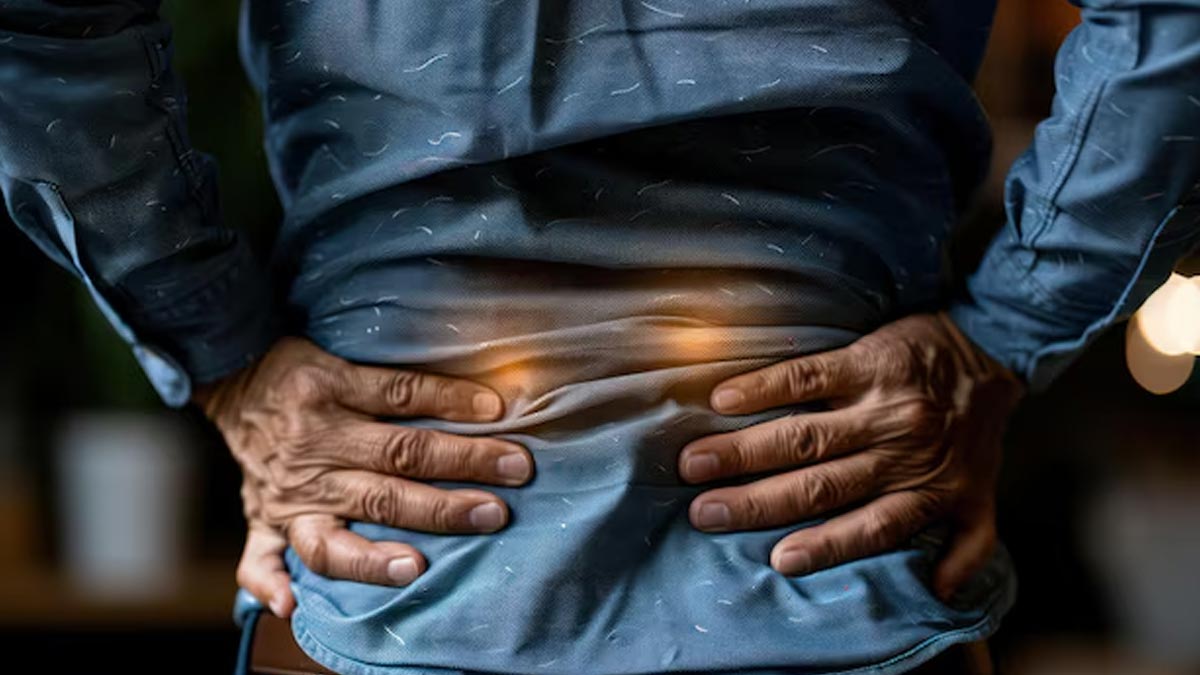
Kidneys are an important organ in the body. Their primary function is to filter blood and send waste to the bladder in the form of urine. Additionally, they help balance the amount of water and electrolytes in the blood and also help regulate blood pressure levels. However, like any organ, they need proper care to function efficiently. Neglecting kidney health can lead to serious issues, including Acute Kidney Injury (AKI), a condition that affects over 1.3 crore people worldwide each year, causing around 10.7 lakh deaths.
Table of Content:-
In the early stages of kidney disease, warning signs may be subtle or even absent, making it crucial to recognise the small changes that signal trouble. In this article, we explore the early signs of AKI, how to detect it, and tips for prevention.
Also Read: Rising Problem of Kidney Disease: Prevention and Management Tips
What Is Acute Kidney Injury?![]()
In an interaction with the OnlyMyHealth team, Dr Vidyashankar P, Lead Consultant - Nephrology, Aster CMI Hospital, Bengaluru, describes AKI as a rapid decline in renal functions over hours to days. Previously known as Acute Renal Failure (ARF), the condition occurs when the kidneys cannot filter waste products from the blood.
According to the doctor, some of the most common causes include sepsis, acute cardiac events, massive haemorrhage, severe dehydration, nephrotoxic medications, and radiocontrast agents.
StatsPearls Publishing suggests that AKI is mostly seen in hospitalised patients. In the United States, 1% of all hospital admissions have AKI on admission.
Warning Signs Of Kidney Injury To Watch Out For![]()
AKI can manifest through nonspecific symptoms like nausea, vomiting, and loss of appetite,” says Dr Vidyashankar.
He adds, “Some patients may notice a decrease in urine output, swelling in the legs, or difficulty breathing due to fluid retention.”
Other potential warning signs include confusion or difficulty concentrating due to the accumulation of waste products in the bloodstream.
Factors That Contribute To Acute Kidney Injury
While conditions like reduced blood flow to the kidneys, which can occur due to severe dehydration, sepsis, heart failure, or significant blood loss, can cause AKI, the most important risk factors include patients with diabetes, hypertension, underlying kidney disease, and heart disease.
Dr Vidyashankar highlights that the use of certain medications like Nonsteroidal Anti-Inflammatory Drugs (NSAIDs), ACE inhibitors, and SGLT2 inhibitors can also increase the risk of AKI during times of stress like infection or cardiac events.
Moreover, dehydration, often resulting from inadequate fluid intake or excessive fluid loss due to illness, can also precipitate AKI.
Also Read: Kidney Stones: Expert Debunks Myths And States Facts About This Condition
Why Early Detection Is Important![]()
Unfortunately, AKI is life-threatening if left untreated. However, the good news is that it is mostly curable and completely reversible if detected and treated early.
“Timely interventions such as modifying medications, optimising fluid management, and addressing the root causes of the AKI can facilitate early recovery. By using advanced diagnostic tools and biomarkers, clinicians can more effectively monitor kidney function and create customised treatment plans tailored to the individual’s specific needs,” says Dr Vidyashankar, adding that these strategies also play a crucial role in preventing chronic kidney disease and other long-term complications.
Prevention Is Key
It is crucial to know that AKI is also preventable.
According to the doctor, one of the most effective strategies is to maintain a balanced diet that is low in sodium, processed foods, and unhealthy fats. A diet rich in fruits, vegetables, and whole grains should be consumed for generalised wellbeing. Staying adequately hydrated is also crucial, as proper fluid intake helps the kidneys filter waste effectively. Moreover, regular physical activity can enhance overall health and improve blood circulation, benefiting kidney function.
In addition to making healthy lifestyle choices, individuals should also monitor their blood pressure and blood sugar levels, as hypertension and diabetes are significant risk factors for kidney damage. It is equally important for individuals to avoid over-the-counter medications that can harm the kidneys, such as NSAIDs.
Dr Vidyashankar concludes by emphasising the importance of regular check-ups with a healthcare provider, as it can help identify any early signs of kidney dysfunction, allowing for timely intervention.
Also watch this video
How we keep this article up to date:
We work with experts and keep a close eye on the latest in health and wellness. Whenever there is a new research or helpful information, we update our articles with accurate and useful advice.
Current Version


